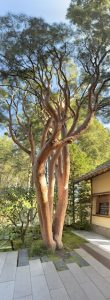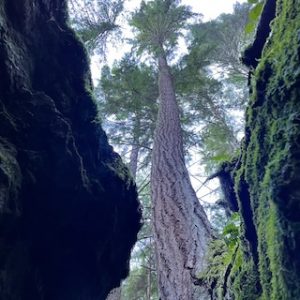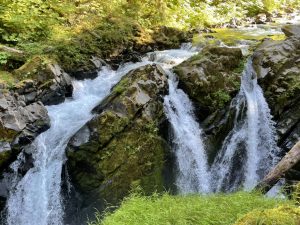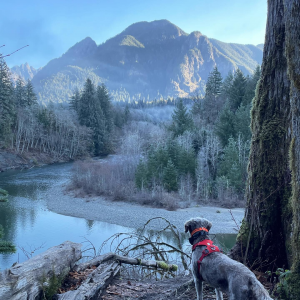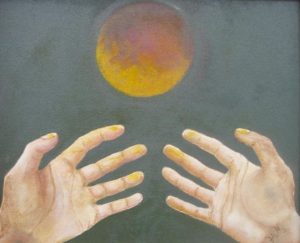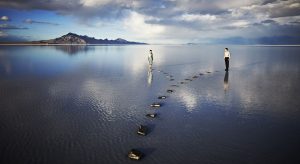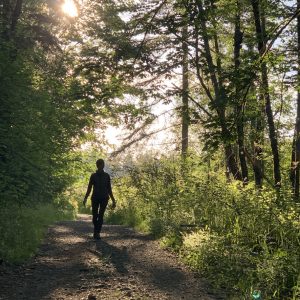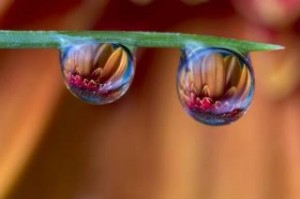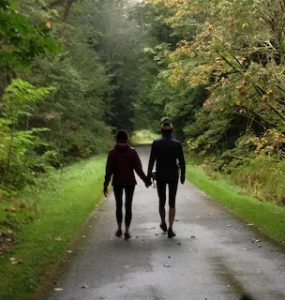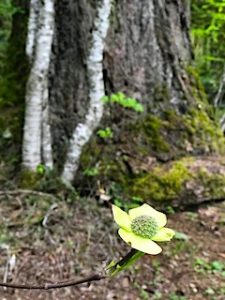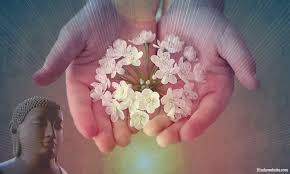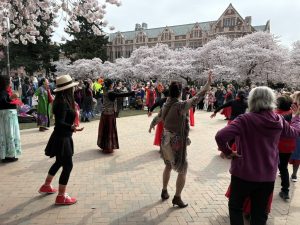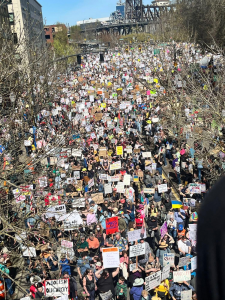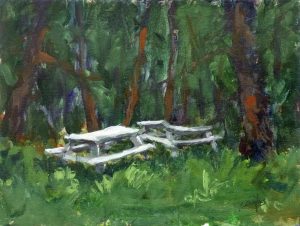 The Columbia City Yoga on-line Moving into Meditation class met this morning. In today’s class we explored the vital importance of how we find meaning: our stories and our attention. We gather around the “kitchen table” of our practice to share stories and also practicing present moment awareness. Words are fundamental to the stories we share. Present moment awareness is fundamental to our felt sense of being. Our miraculous consciousness enables us to communicate and promote flourishing for all in our web of being.
The Columbia City Yoga on-line Moving into Meditation class met this morning. In today’s class we explored the vital importance of how we find meaning: our stories and our attention. We gather around the “kitchen table” of our practice to share stories and also practicing present moment awareness. Words are fundamental to the stories we share. Present moment awareness is fundamental to our felt sense of being. Our miraculous consciousness enables us to communicate and promote flourishing for all in our web of being.
We heard poet Deena Metzger’s alert to the 250 banned words the administration is disappearing. You can read Deena’s moving newsletter at her April 8th Substack post. She added the following encouragement to begin reading banned books:
Here is the beautiful contradiction: PEN America found 10,046 instances of individual books banned, affecting 4,231 unique titles. We could spend a lifetime reading all of them. Similarly, the 381 books just removed from the library of the Naval Academy, include as I browsed them, books about Ernest Hemingway, T.S. Eliot, James Joyce, Marcel Proust, William Faulkner, Richard Wright, Anais Nin, and I Know Why the Caged Bird Sings, by Maya Angelou. We now have a reading list of a minimum of 10,046 + 381 books. The banned words create a field of awareness and intelligence that guide us in ethical behavior and toward developing a future for all beings. Many of those whom the administration want to ban may well be soul companions in these difficult times.
We drew from PEN America’s list of 250 banned words the administration is scrubbing from government web-sites.
We heard neurologist philosopher Sam Harris’ Big Think interview, Breaking the Spell of Propaganda. Sam spoke to the two ways we humans find meaning: our stories and our attention.
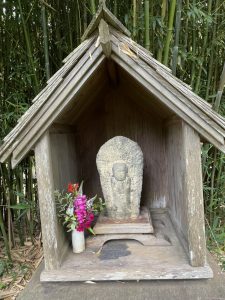 We heard Joy Harjo’s poem Perhaps the World Ends Here. The poem is about the kitchen table a place where we as family and friends gather to celebrate our joys and mourn our sorrows.
We heard Joy Harjo’s poem Perhaps the World Ends Here. The poem is about the kitchen table a place where we as family and friends gather to celebrate our joys and mourn our sorrows.
We heard some of poet Jane Hirshfield’s comments on compassion. These words were drawn from her 2015 Tricycle Magazine interview: Felt in Its Fullness.
Continue reading →
 The Columbia City Yoga on-line Moving into Meditation class met this morning. Hearing one another’s stories can help to tenderize the heart. When we recognize our shared joys and sorrows compassion arises. The space of loving awareness offers us the possibility of feeling deeply and opening the heart. To work for a better future, poet Jane Hirshfield suggests: “people turn to one another for shared witness, for shared restoration, shared beauty.”
The Columbia City Yoga on-line Moving into Meditation class met this morning. Hearing one another’s stories can help to tenderize the heart. When we recognize our shared joys and sorrows compassion arises. The space of loving awareness offers us the possibility of feeling deeply and opening the heart. To work for a better future, poet Jane Hirshfield suggests: “people turn to one another for shared witness, for shared restoration, shared beauty.”
